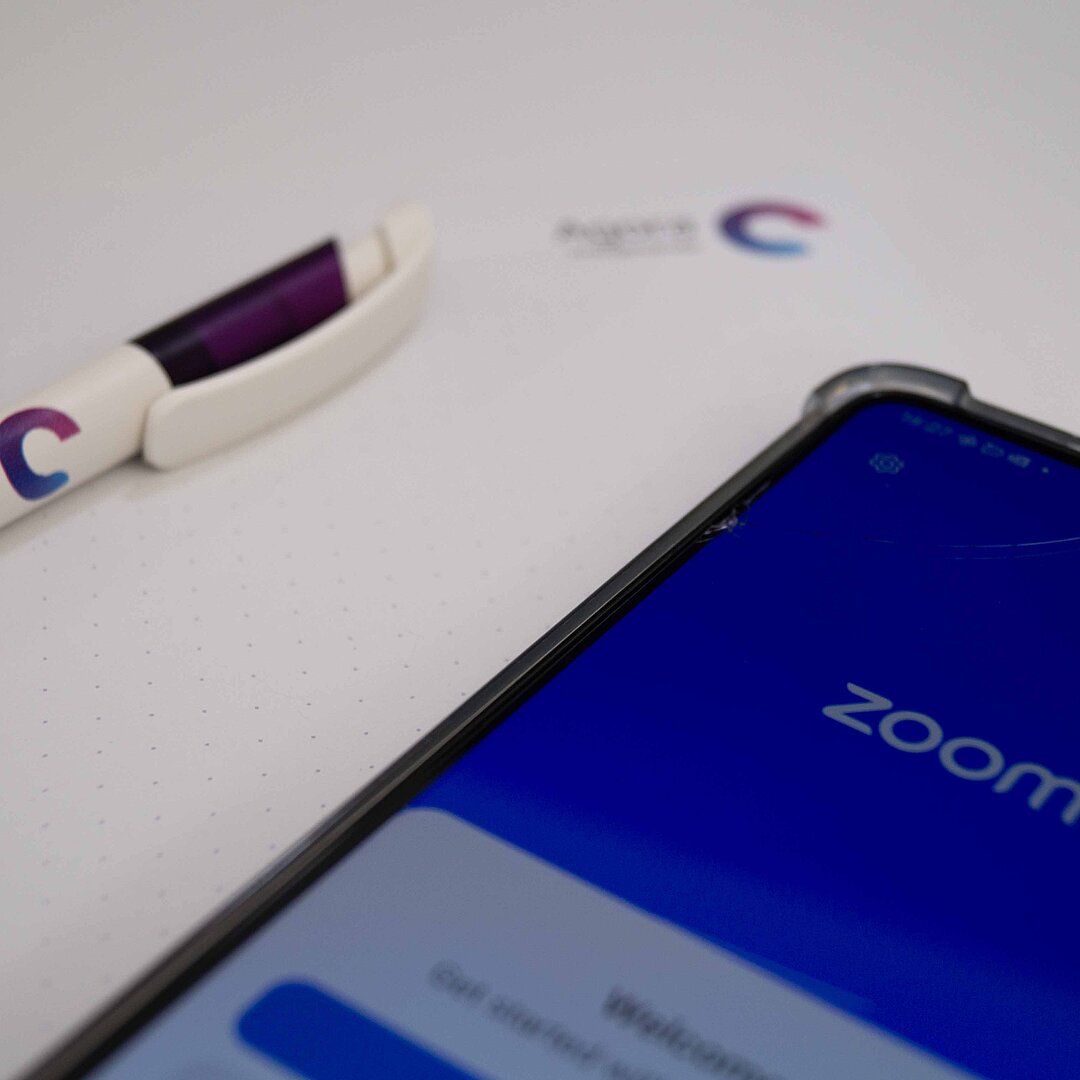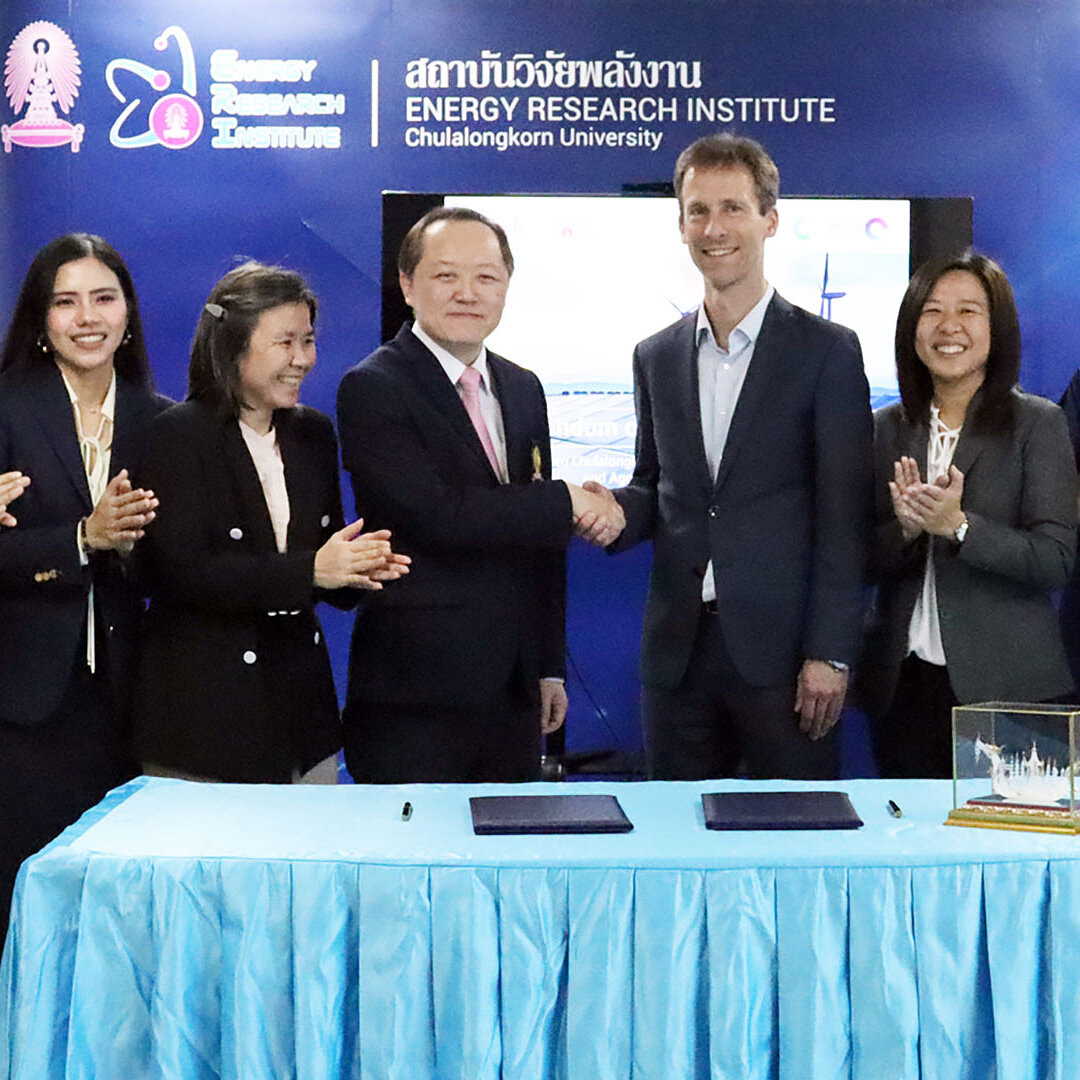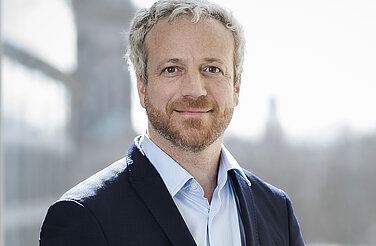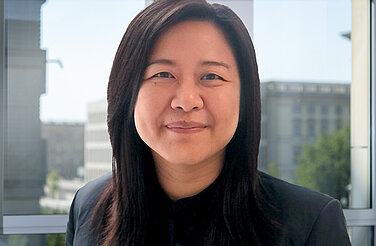This content is also available in: German
Southeast Asia
To accelerate its energy transformation, Southeast Asia needs to align its development goals, its rapid economic and population growth and net-zero ambitions.

Driven by its fast-growing populations, economies and modern manufacturing sectors, Southeast Asia’s energy demand increased by more than 50% between 2005 and 2020. Coal, oil and gas dominate the primary energy supply, accounting for more than 80% in 2020. According to the 2022 ASEAN Outlook, final energy demand is expected to double from now until 2050, even if national energy efficiency targets are achieved.
Political and public support around energy transitions are shifting, however, as ten of the eleven ASEAN countries have pledged to reach net zero by mid-century or soon thereafter, and half have pledged to phase down coal. Nevertheless, the region needs strong coordinated efforts to accelerate the transformation of their economies, while also sustaining economic growth and promoting social and inclusive development. Significant financial and technical support from the international donor community are necessary to accelerate the coal phase-down and the scale-up of renewables by 2030.
Agora’s activities in the region include analyses of net zero-pathway scenarios and renewable energy integration as well as fostering energy transition dialogue and information exchanges on lessons learned and good practices. From its Bangkok office, Agora Energiewende also supports its partner organisations in the region through capacity-building activities and knowledge sharing.








